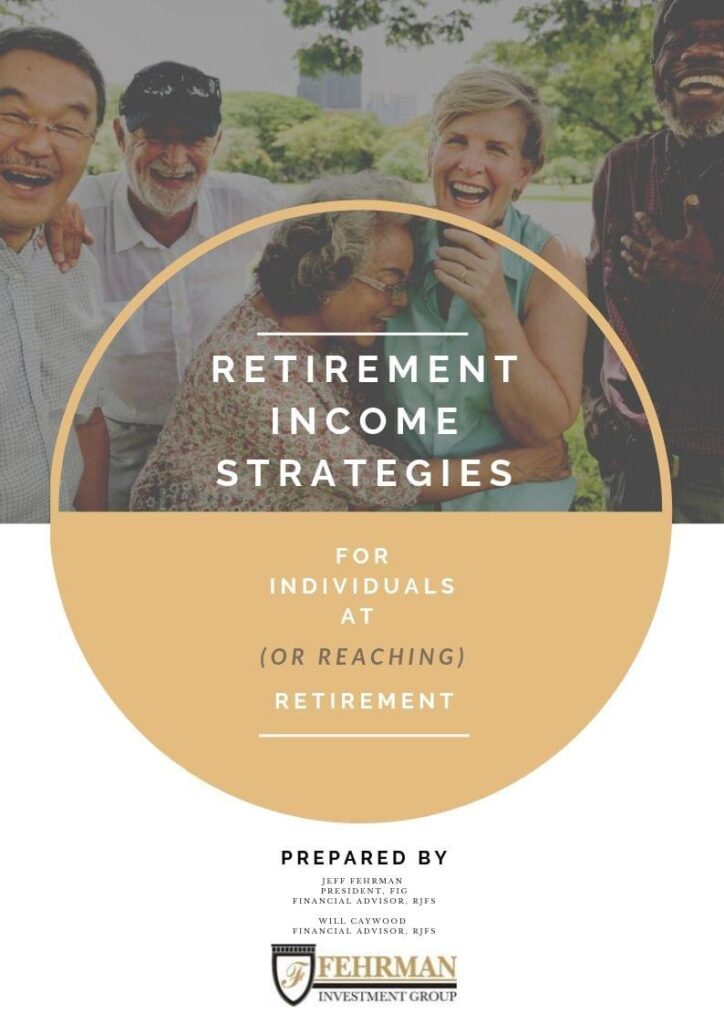Since March is National Women’s History Month, we wanted to bring some attention to the unique considerations in financial planning for women. It is important to understand how these challenges many impact you, or the women in your life you care about. While every relationship is unique, there are some obstacles that women may face that require specific planning:
- Women live 5 years longer than men on average. This requires that their retirement funds last longer.
- They are more likely to face a long-term care event due to their longer lifespan.
- They are often responsible for the terms of distribution of assets after their death. Effective estate planning with both spouses can help ease this burden.
- Women are more likely to be caregivers as 61% of caregivers in America are women. This often requires them work part time or leave the workforce altogether. This can affect not only income but also savings, insurance, and Social Security benefits.
Women typically have longer to pay for in retirement, and some women may not be able to work as much due to having children or caring for other family members.
Here are a few tips to help account for these factors:
- Begin saving now and as much as you comfortably can. Even if you can only save a little, it will add up over time.
- Some of the savings should be designated for retirement. If a woman’s spouse is working, but she is not, she can still contribute to an IRA or Roth IRA, depending on their income level.
- Become familiar with the planning and investing process. Working with an advisor is always best as they can plan for your unique needs. However, a solid understanding of the basics makes that relationship even more valuable. For example, many women have a different comfort level with risk than their spouse – some more aggressive and others less so. Knowing that in advance of meeting with advisor will help the advisor tailor the portfolio to her particular needs.
Long Term Care
A long-term care event is a large expense for anyone so it is important for everyone to understand how to mitigate this risk. As women are statistically more likely to experience this, it is especially important for them. For many, the answer is long term care insurance, which will usually cover care in a nursing home, the person’s own home, or an assisted living facility. However, there are some limitations:
- Not all policies cover in-home care.
- Many policies have a daily or monthly maximum.
- Many benefit periods last 1-5 years.
- Many policies have an elimination period in which the person is responsible for the cost before the insurance covers anything. Working with an advisor to find the right long term care insurance is imperative.
Estate Planning for Women
Since many women outlive their spouses, they often inherit their spouse’s estate and are ultimately responsible for the disposition of assets at their own passing. For this reason, estate planning is very important. There are many aspects to estate planning so we always recommend speaking with a trusted attorney.
Here are some of the basics to get started:
1) Incapacity: Should you become incapacitated, it is important that there are directives established regarding who can make health care and financial decisions for you. Some examples include a living will, a durable power of attorney, or a living trust.
2) Wills: Wills dictate how your assets will be distributed upon your passing. Most wills do have to pass through probate court, but this may not be required for some smaller wills.
3) Joint Ownership: For any assets that you are a joint owner with another person, at your passing, the assets will pass to the other joint owner, regardless of a will or no will.
4) Trusts: In a trust, a grantor arranges with a trustee to hold and manage their property for their beneficiary. This is a good way to protect your assets and your loved ones and ensure that your wishes are followed.
Life Insurance
As women often manage the final affairs of loved ones, life insurance is an important conversation to have. It can aid in funeral costs, estate costs, outstanding debt, and estate taxes.
So, who needs life insurance?
1) Working individuals: Many families depend on both spouses to bring in income. However, should one of them pass, it is important to ensure the remaining family is protected and cared for.
2) Single individuals: Often, single people do not consider life insurance a need. However, it can help their family pay off any existing debt, funeral expenses, or taxes they may leave behind.
3) Parents: If one or both parents should pass unexpectedly, it is especially important to make sure that the remaining children and family are cared for.
4) Business owners: Should a business owner pass, life insurance can aid in covering payroll or operating costs while their estate is being settled. It can also be used as a benefit for employees.
Sources: NCHS Fact Sheet, March 2021; AARP, Caregiving in the U.S., May 2020
Neither Raymond James Financial Services nor any Raymond James Financial Advisor offers tax or legal advice. You should discuss with the appropriate professional.
Guarantees are based on the claims paying ability of the issuing company. Long Term Care Insurance Products may not be suitable for all investors. Surrender charges may apply for early withdrawals and, if made prior to age 59 ½, may be subject to a 10% federal tax penalty in addition to any gains being taxed as ordinary income. Please consult with a licensed financial professional when considering your insurance options. The cost and availability of Long-Term Care insurance depend on factors such as age, health, and the type and amount of insurance purchased. As with most financial decisions, there are expenses associated with the purchase of Long-Term Care insurance.
Any opinions are those of the author and not necessarily those of Raymond James.





